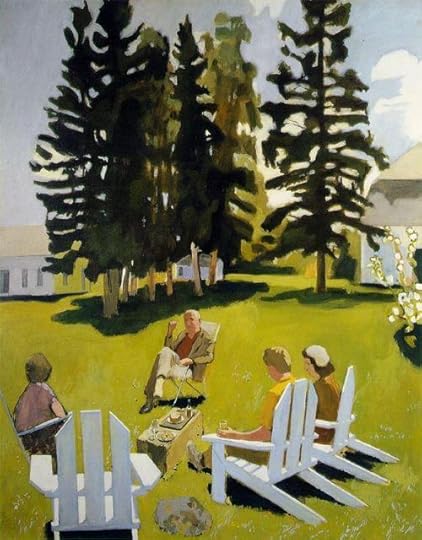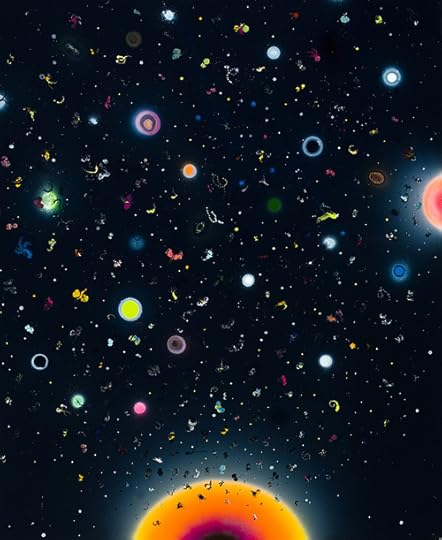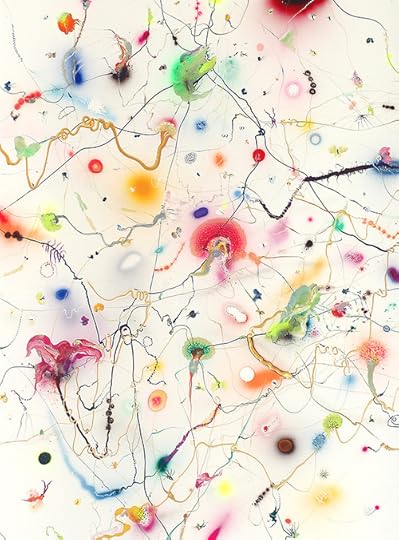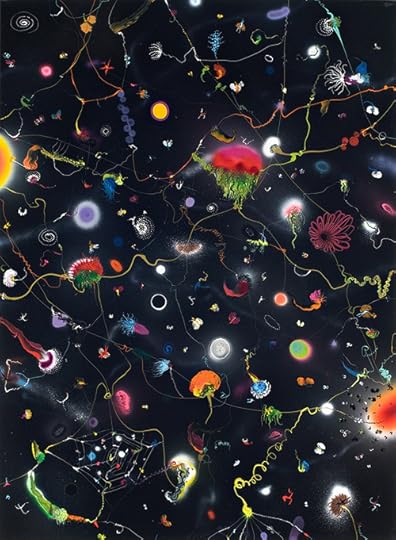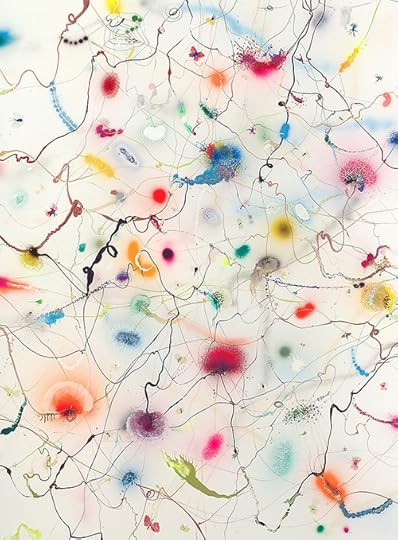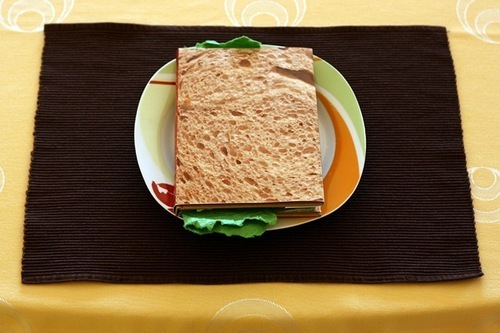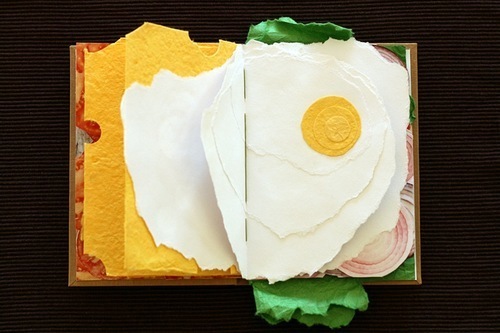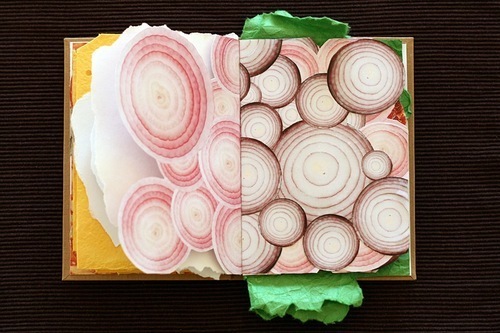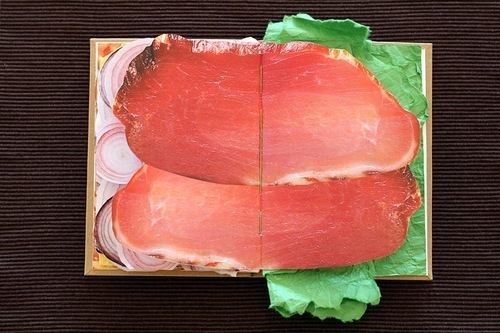Emily M. Danforth's Blog, page 44
July 12, 2013
"Over the years I’ve come to feel that the way people respond to us has less to do with what we’ve..."
- 240th reason to love Karen Joy Fowler’s 308-page new novel, WE ARE ALL COMPLETELY BESIDE OURSELVES (via ellenkushner)
"Life is energy, and energy is creativity. And even when we as individuals pass on, the energy is..."
- Joyce Carol Oates (via theparisreview)
theparisreview:
The waves collapsed into themselveswith heavy...
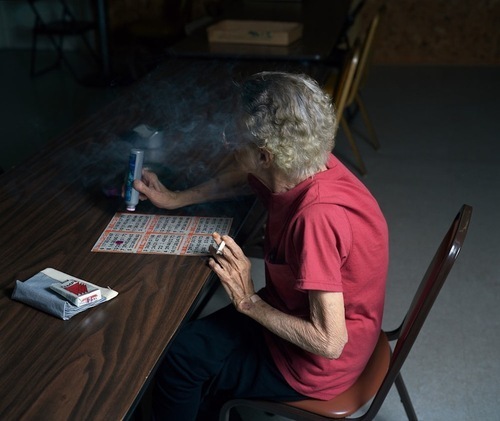
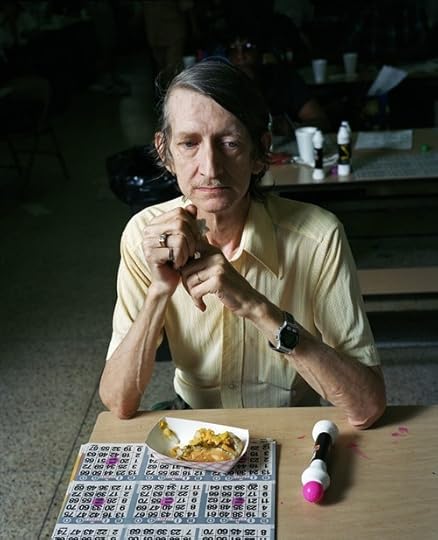
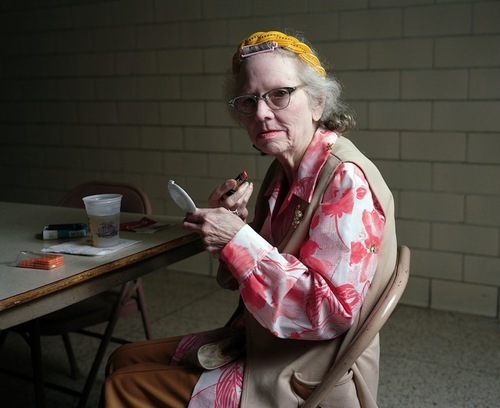
The waves collapsed into themselves
with heavy rumbles in the darkness
and the soprano shingle whistled
gravely its way back down into the sea.
When the moon came from behind clouds
its white full-moon’s light
lightly oiled the little beach stones
back into silence. We stood
among shatterings, glitterings,
the brilliance. For some reason
to love does not seem ever
to hurt any less. Now it happens
another lifetime is up for us,
another life is upon us.
What’s left is what is left
of the whole absolutely love-time.
—Galway Kinnell, “The Old Life”
Photography Credit Andrew Miksys
July 11, 2013
It’s the right month for this song, officially,...
It’s the right month for this song, officially, officially. (And perfect for the thick, thick air of this July night.)
Laura Veirs - “July Flame" Official Video (by RavenMarchingBand)
nevver:
July, Fairfield Porter
"Always be on the lookout for the presence of wonder."
fer1972:
Paintings by Thierry Feuz
July 10, 2013
"Clever, clever, clever, I find myself writing in the margins. “People who prate of sentimentality..."
Clever, clever, clever, I find myself writing in the margins. “People who prate of sentimentality are very often people who hate being made to feel,” wrote Robertson Davies, “and who hate anything that cannot be intellectually manipulated.”
When I was in graduate school myself, the mode was minimalism. Raymond Carver—an author I had never heard of—was on everybody’s lips. The unstated goal, in those workshop stories, was to write a detailed story in which everything was implied and never stated. I should add that this was in Montana, and thus drew a certain young man with a fantasy of Western living: hard-drinking, solitude, landscape. It was natural that reticence would appear in their literature. My own taste in books—Colette, Faulkner, Marquez—was hopelessly out style, as was my own writing (not that I claim my stories were any good, or that I had any emotional maturity). I felt hopelessly ill-at-ease, but my exit strategy was to be smarter and cleverer than anyone else; I filled my stories with aliens and French aristocrats and references from literary criticism. These stories were baffling, and bad. Clever, clever, clever. Then, one day, I thought I would be cleverer still. I would write what they all claimed to want—a realistic story in real time with solid characters and scenes—and I sent it to workshop with a smirk. It was a story about a gay man and lesbian who get married in the ’60s as cover for their lives, and the love that grows between them. My “clever” idea left without the need for cleverness in the writing; I even included a reunion ending. Without knowing it, I had written straight into the heart of the beast. “Sentimental,” students wrote on their copies. “You need to pull back,” one said in class. And then our professor, William Kitteredge, a writer and former ranch hand in his sixties, who for many was the last word in Western manliness, said, “If you can’t be accused of being sentimental, you’re not even in the ballpark.” With his help, it was the first story I ever published. I have never looked back from sentimentalism.
”-
Thoughtful piece by Andrew Sean Greer: "In Praise of Sentiment." http://www.thedailybeast.com/articles/2013/06/26/boys-don-t-cry-in-praise-of-sentiment.html
Yes, yes, yes!
"Some cities, like wrapped boxes under Christmas trees, conceal unexpected gifts, secret delights...."
- Truman Capote, “Hidden Gems" from Music for Chameleons

